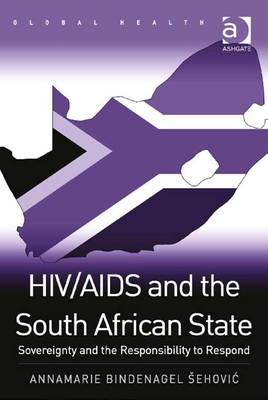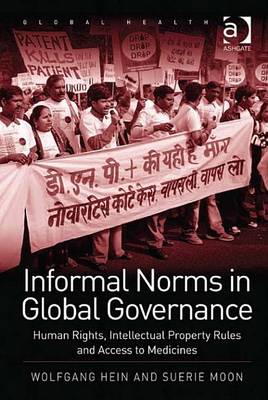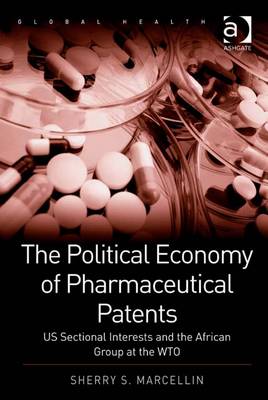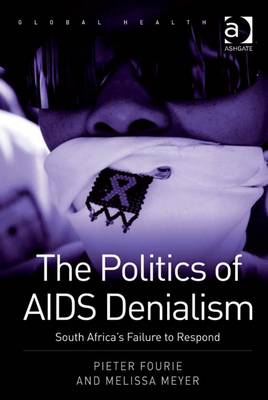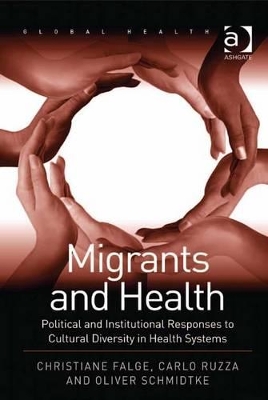Global Health
5 total works
For three decades post-apartheid, the HIV/AIDS epidemic from first acknowledgement to its management as a chronic disease, demanded unparalleled attention. This was nowhere more evident than in South Africa. This book explores how the state responded to its responsibilities to defend and protect (human) security. Linking this to the role of the state as sovereign protector and provider of security, it applies the findings to the broader re-interpretation of sovereign responsibility in the 21st Century. This book does not seek to absolve the South African state of its responsibility to respond. Moreover, it argues that although the state, the government, before, during, and after the transition to democracy, was aware of and acknowledged the threat - political, economic and social - posed by the epidemic, it nonetheless chose not to make the epidemic a priority policy issue. As a result, it argues that the South African HIV/AIDS case illustrates the tension inherent between a state's ultimate sovereign responsibility to respond and its tactical dependence on external contributors to meet the demands of all of its constituents.
Hein and Moon take up a serious problem of contemporary global governance: what can be done when international trade rules prevent the realization of basic human rights? Starting in the 1990s, intellectual property obligations in trade agreements required many developing countries to begin granting medicines patents, which often rendered lifesaving drugs unaffordable. At stake was the question of what priority would be given to health-particularly of some of the world's poorest people-and what priority to economic interests, particularly those of the most powerful states and firms.
This book recounts the remarkable story of the access to medicines movement. The authors offer an explanation for how the informal, but powerful norm that every person should have access to essential medicines emerged after a decade of heated political contestation and against long odds. They also explore the stability and scope of the norm. Finally, the book examines the limitations of informal norms for protecting human rights, and when renewed focus on changing formal norms is warranted.
This book provides a fresh, multidisciplinary, and exciting look at the making and remaking of pharmaceutical patents at the GATT/WTO, by utilising a Coxian political economy of continuity and change in the global political economy (GPE). Marcellin focuses on the role of the transnational drug industry in the making of the patent provisions in the original TRIPS Agreement and consequently, the role of the African Group at the WTO in the remaking of those patent provisions.
Successive South African governments have had controversial views on HIV and AIDS which have led to allegations that South Africa is in a state of denial about the AIDS epidemic. This book attempts to determine the validity of such claims of government denial by formulating and testing a denial hypothesis.The hypothesis is contextualized with an overview of the South African epidemic as well as a review of allegations of government denial. It reveals possible political factors that may motivate policy-makers to resort to official denial and tentatively concludes with a confirmation of the allegations contained in the denial hypothesis. However, this is done within the broader notion that denial is inherently vague and couched in language (rarely in writing) and therefore difficult to test with certainty and as such this book's real value lies in the insights gained into the complex politics of denial. By exploring the dynamics of denial and denialism and applying this to the South African AIDS epidemic, this study provides a comprehensive analysis.
Integrating newcomers and minorities into the social fabric of receiving countries has become one of the crucial challenges of contemporary Western societies. This volume seeks to understand patterns of changing institutional practices and public policies where the challenges of including cultural diversity into the social fabric are most pronounced: namely the health care system. In recent years, pro-migrant organizations and anti-racist activists have repeatedly voiced and politicized demands to improve migrants' access to the health-care system giving rise to a lively debate about migrants' access to health-care and responsiveness of institutions to their needs.
In a nutshell the book achieves the following:
- Provides a conceptual framework to link patterns of political advocacy/mobilization and processes of migrants' socio-political inclusion
- Integrates the (multi-disciplinary) literature on political mobilization and accommodating cultural diversity in an innovative fashion
- Presents a comparative study on accommodating diversity in the health care system from a comparative transatlantic perspective
- Generates insight into best practices in the health care system that will be of interest to scholars as well as practitioners in the field.
The analysis of health care provision offers an opportunity to test new public policy strategies and the policy consequences of the now widespread aspiration to include citizens more fully in designing and implementing them.
